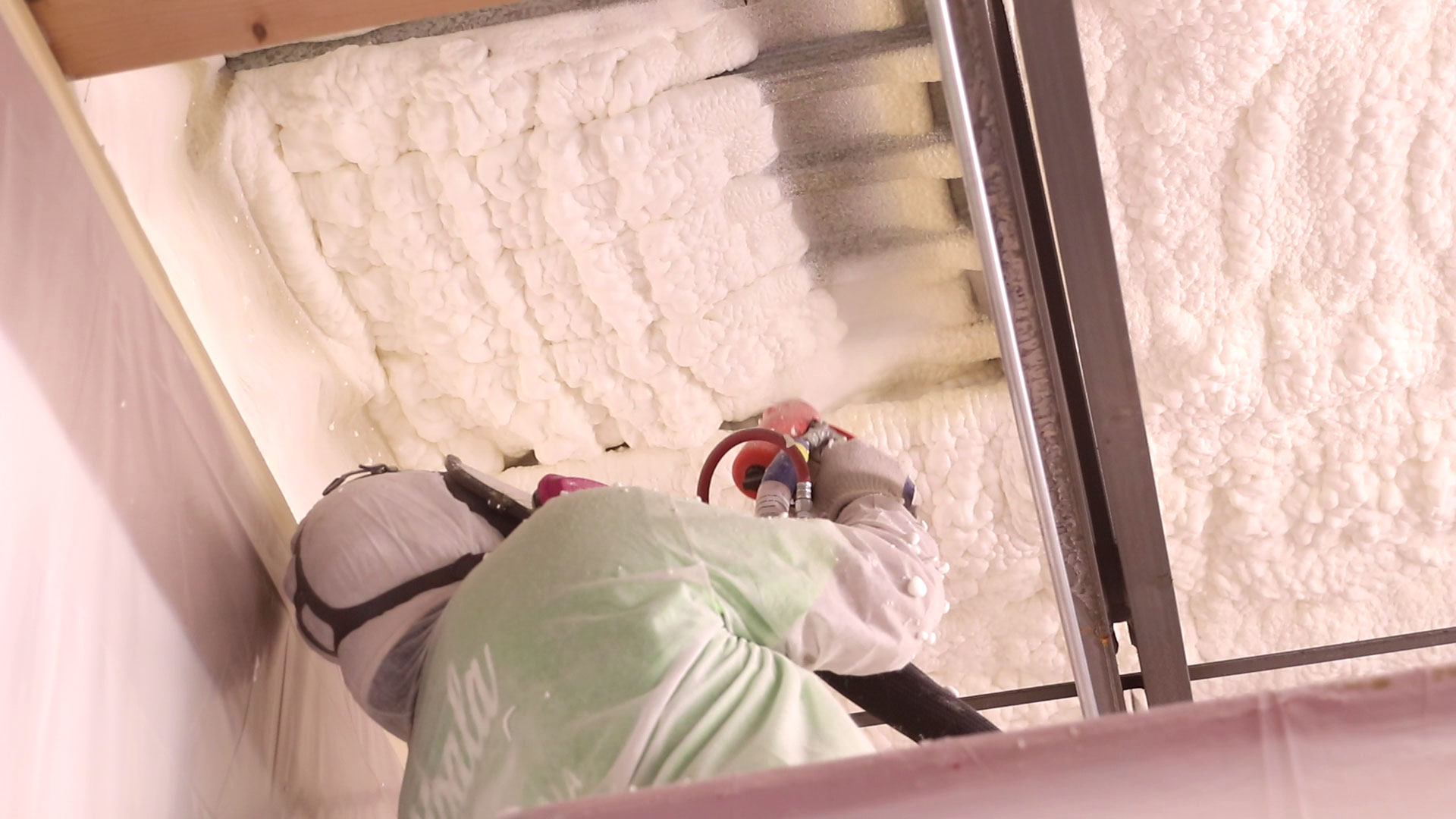
What You Should Know About Spray Foam Insulation
Even if you own an energy-efficient HVAC system, your home could still be leaking air without proper insulation. If you're not sure whether your home has insulation or if it's enough, you could be wasting a lot of money on energy bills. That's why it's worth installing spray foam insulation in rim joists, the attic, crawlspaces, and other open cavities. Here is a guide to how the material works and available options.
How Does Spray Foam Insulation Work?
To create spray polyurethane foam, insulation contractors combine two sets of chemicals.
The "A" group contains methylene diphenyl diisocyanate and polymeric methylene diphenyl diisocyanate. The "B" group is a mix of polyols, a blowing agent, surfactant, catalysts, and flame retardant chemicals. The two groups are kept in two separate containers, and the chemicals mix together when they come out of the technician's spray foam gun. The chemical reaction turns the mixture into foam.
The foam expands and hardens in place, making it easier to seal seams where walls connect with doors and windows, crevices around electrical outlets, and joints in hard-to-reach areas. This will stop heat transfer and air loss, which contribute to high energy costs. Spray foam insulation will also retain its shape when wet, so it can act as a durable barrier to keep moisture out of your house.
What Options Are Available?
When it comes to air sealing your home, open-cell and closed-cell are the two types of spray foam insulation. The expansion rate is a primary difference between the two, as open-cell insulation can expand up to 100 times its size. This is why it's often used to fill large cavities in residential buildings. Although closed-cell spray foam doesn't expand as much as open-cell, it is lauded for its durability. The material is often used to seal air leaks in cargo vans, pole barns, and small houses.
To ensure spray foam insulation is installed correctly, connect with the licensed and insured professionals at Koala Insulation of Jacksonville in St. Augustine, FL. With over 15 years of experience, the team has the knowledge and training to seal the vulnerable areas of your property for improved year-round comfort and energy savings. Learn more about additional benefits online, read client reviews on Facebook, and call (904) 679-6282 for a residential insulation service estimate in the St. Johns County area.
Ready to book your free insulation evaluation?
We have 3 convienant ways for you to get in touch
We Provide Insulation Services to the Following Jacksonville Areas
Jacksonville, Saint Johns, Saint Augustine, Palm Coast, Atlantic Beach, Ponte Vedra, Ponte Vedra Beach, Elkton, Bennell, East Palatka, Hastings, San Mateo, & Neptune Beach
Counties Served
Duval County, Flagler County, Saint Johns County, & Putnam County
Zip Code
32033, 32080, 32081, 32082, 32084, 32086, 32092, 32095, 32110, 32131, 32137, 32145, 32164, 32187, 32207, 32211, 32216, 32217, 32223, 32224, 32227, 32233, 32246, 32250, 32256, 32257, 32258, 32259, 32266
